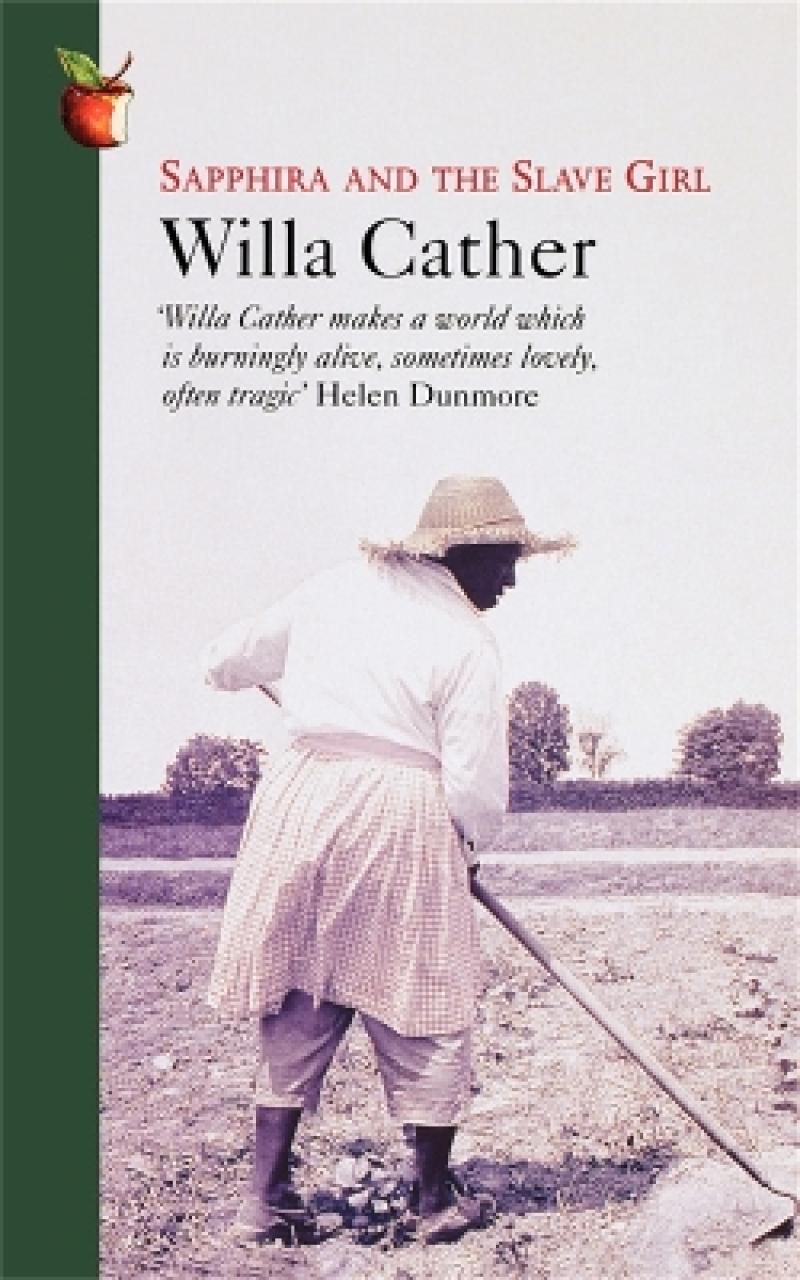As a writer whose place in American literature is as sured, Miss Cather claims our eager attention when ever she publishes a new book
New York Times
She is undoubtedly <b>one of the century's greatest American writers</b>
Observer
The <b>powerful impact </b>race has on narrative
- Toni Morrison,
Willa Cather makes <b>a world which is burningly alive</b>, sometimes lovely, often tragic
- Helen Dunmore,
This, her last novel, is a <b>stirring and beautifully executed</b> depiction of a society that has vanished forever
Belfast Telegraph
She is undoubtedly one of the century's greatest American writers
OBSERVER
Willa Cather makes a world which is burningly alive, sometimes lovely, often tragic
Helen Dunmore
This, her last novel, is a stirring and beautifully executed depiction of a society that has vanished forever
Belfast TELEGRAPH
'Miss Cather claims our eager attention when ever she publishes a new book' NEW YORK TIMES
'She is undoubtedly one of the century's greatest American writers' OBSERVER
'This, her last novel, is a stirring and beautifully executed depiction of a society that has vanished forever' BELFAST TELEGRAPH
Originally published in 1940, this is Willa Cather's last novel, a stirring and beautifully executed description of a society and conditions that have vanished forever, and a retrospective portrait of the Old South with its stain of slavery.
By 1856, Sapphira Colbert is one of few Virginians who owns slaves, a policy her husband Henry finds increasingly difficult to countenance. Sapphira presides over her Black Creek Valley property with disciplined resolution and the help of her black maid, Nancy. Henry runs the Mill and sleeps there too - their marriage a formality. Sapphira's life is an arid one and, confined to a wheelchair, she has amble opportunity for speculation. When she hears a conversation linking her husbands name to that of Nancy, that speculation festers and the horrific potential of Sapphira's power is unleashed . . .
